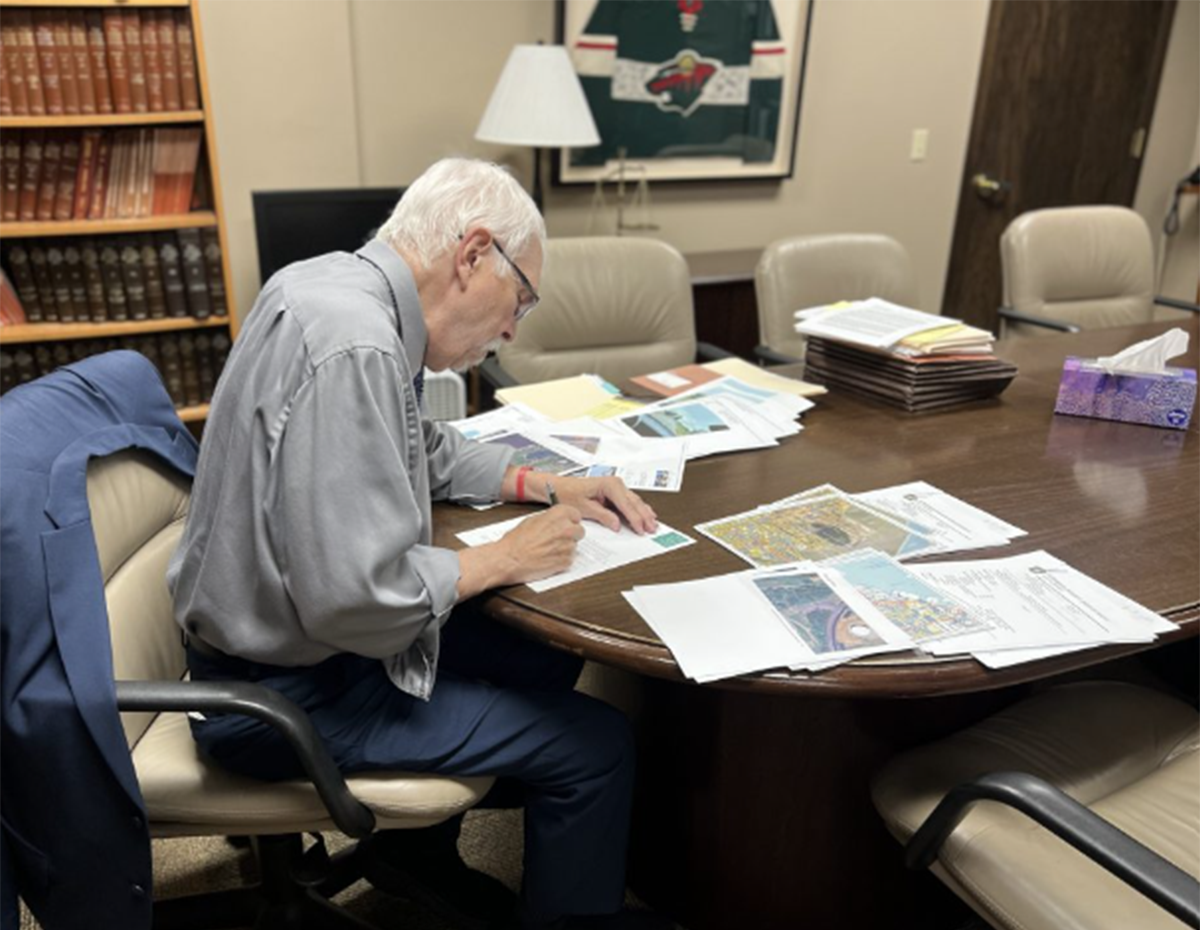The UW-Eau Claire graduate school program is undergoing some tweaks with eight new courses being proposed, 28 courses being revised and eight courses being deleted.
While many of the revisions are changes in course description or title, these changes are necessary, said Margaret Cassidy, associate dean of Arts and Sciences. The courses that graduate students take have to adapt to developments within the field as well as the different ways the course is taught.
“The changes are part of our regular process that we follow when a course either exclusively or partly are basically brought through for change or revision,” Cassidy said. “Basically, it’s just a matter of departments and programs reviewing their curriculum.”
Cassidy explained how this could affect undergraduate students also, as many classes taught at the 500 and 600 levels are the same courses that are taught at 300 and 400 levels. For example, in the course catalogue, a particular class can be read as 300/500, so it can be taken by undergraduate and graduate students alike and is considered the same class.
However, 700 level courses are for graduate students only, and though the majority of the changed courses are 500 and 600 levels, there are 10 courses in the 700 level being revised and two being deleted. All of those are in the psychology department.
Mary Beth Tusing, an assistant professor in the psychology department’s graduate program, said her department’s changes are mostly positive and necessary for the program to be more effective.
The way the department does practicum work will be changed to allow more school-based practica a year earlier, which allows for more opportunities for more in depth training experiences, Tusing said.
In years past, the graduate students’ practicum would be in their second year of training, but with the new course revisions, they will be able to do practical work in the second semester of their first year.
“That allows (the graduate students) to have the opportunity to be out working in the schools practicing some of the skills that they’ve been learning about for the last semester and a half under the supervision of a practicing school psychologist,” Tusing said.
For other departments, the process starts with the department itself. The instructors and faculty will look over their courses and decide which courses need revision based on a number of things.
Cassidy said courses change according to instructors’ teaching style, course content and even evolutions in the field, but it’s not like the change came from out of nowhere.
Course descriptions change and course titles change often to better reflect the way the course is taught and the content is presented. It’s trimming the branches, so to speak.
“Curriculum is dynamic,” Cassidy said. “(The changes are) basically a regular curricular process.”







